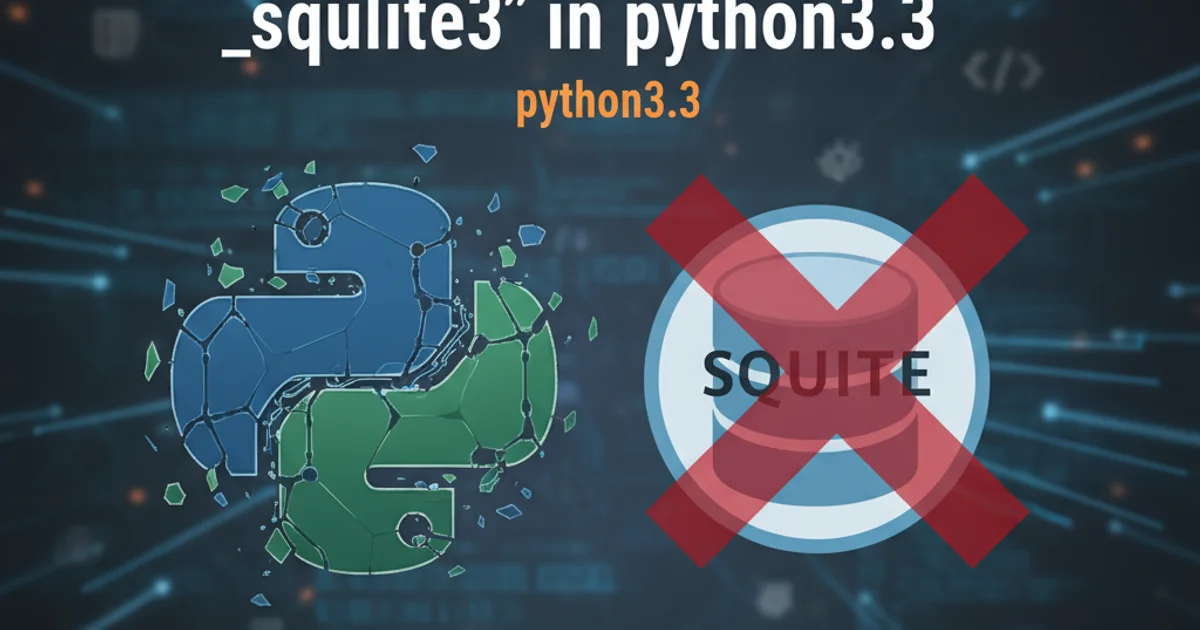How can I combine multiple char's to make a string?
Categories:
Combining Chars to Form Strings in C++

Learn various methods to concatenate individual characters into a string in C++, covering basic concatenation, string streams, and more advanced techniques.
In C++, working with characters and strings is a fundamental aspect of programming. Often, you'll find yourself needing to build a string from several individual characters, perhaps read one by one from input, or generated through some logic. This article explores several common and efficient ways to achieve this, from simple concatenation to using specialized stream objects.
Understanding C++ Strings and Characters
Before diving into concatenation, it's important to differentiate between C-style strings (arrays of char terminated by a null character \0) and C++ std::string objects. While C-style strings are still prevalent in some contexts, std::string offers a much safer, more flexible, and feature-rich way to handle text data in modern C++. This article will primarily focus on std::string.
flowchart TD
A[Start with individual chars] --> B{Choose Method}
B -->|Operator Overload| C[Use '+' or '+=' with std::string]
B -->|String Stream| D[Use std::stringstream]
B -->|Append Method| E[Use std::string::append()]
C --> F[Result: Combined std::string]
D --> F
E --> FDecision flow for combining characters into a string.
Method 1: Using the + and += Operators
The most intuitive way to combine characters into a std::string is by using the overloaded + (concatenation) and += (append) operators. When you add a char to a std::string, C++ automatically handles the conversion and appends the character. This method is generally readable and efficient for a moderate number of concatenations.
#include <iostream>
#include <string>
int main() {
char c1 = 'H';
char c2 = 'e';
char c3 = 'l';
char c4 = 'l';
char c5 = 'o';
std::string result_string = ""; // Start with an empty string
result_string += c1; // Append char
result_string += c2;
result_string += c3;
result_string += c4;
result_string += c5;
std::cout << "Combined string: " << result_string << std::endl;
// Another way using '+':
std::string another_string = std::string("W") + 'o' + 'r' + 'l' + 'd';
std::cout << "Another string: " << another_string << std::endl;
return 0;
}
Example of combining characters using + and += operators.
+ operator with multiple char literals, ensure that at least one operand is a std::string object (or a string literal like "") to trigger std::string concatenation. Otherwise, C++ might interpret char + char as integer addition based on ASCII values.Method 2: Using std::string::push_back()
For appending single characters, std::string::push_back() is a highly efficient method. It directly adds a character to the end of the string, potentially avoiding some overhead associated with operator overloading, especially in loops where many characters are added one by one. It's conceptually similar to += char but explicitly states the intent of adding a single character.
#include <iostream>
#include <string>
int main() {
std::string myString;
char chars[] = {'C', '+', '+', ' ', 'i', 's', ' ', 'f', 'u', 'n', '!'};
for (char c : chars) {
myString.push_back(c);
}
std::cout << "Result: " << myString << std::endl;
return 0;
}
Using std::string::push_back() to append characters.
Method 3: Using std::stringstream
std::stringstream provides an elegant and flexible way to build strings, especially when you need to combine characters with other data types (like integers or floats) or when dealing with complex formatting. It works much like std::cout, allowing you to insert various data types using the << operator, and then retrieve the final string using its str() method.
#include <iostream>
#include <string>
#include <sstream>
int main() {
char c1 = 'A';
char c2 = 'B';
int number = 123;
char c3 = 'C';
std::stringstream ss;
ss << c1 << c2 << number << c3;
std::string combinedString = ss.str();
std::cout << "Combined string: " << combinedString << std::endl;
return 0;
}
Combining characters and an integer using std::stringstream.
std::stringstream can be less performant than direct string concatenation for very simple character-only appending due to the overhead of stream operations. However, its flexibility for mixed-type formatting often makes it the preferred choice.Method 4: Using std::string::append()
The std::string::append() method offers several overloads for appending various types of data, including single characters. While += is often preferred for its conciseness, append() can be useful for clarity or when you need to append multiple copies of a character.
#include <iostream>
#include <string>
int main() {
std::string base = "Start";
char ch = '!';
base.append(1, ch); // Append one character '!'
base.append(" End"); // Append a C-style string literal
std::cout << "Result: " << base << std::endl;
return 0;
}
Using std::string::append() to add characters and strings.
std::string objects with + in a loop if performance is critical, as each operation can create a new temporary string. For building large strings in a loop, push_back(), append(), or stringstream are generally more efficient.